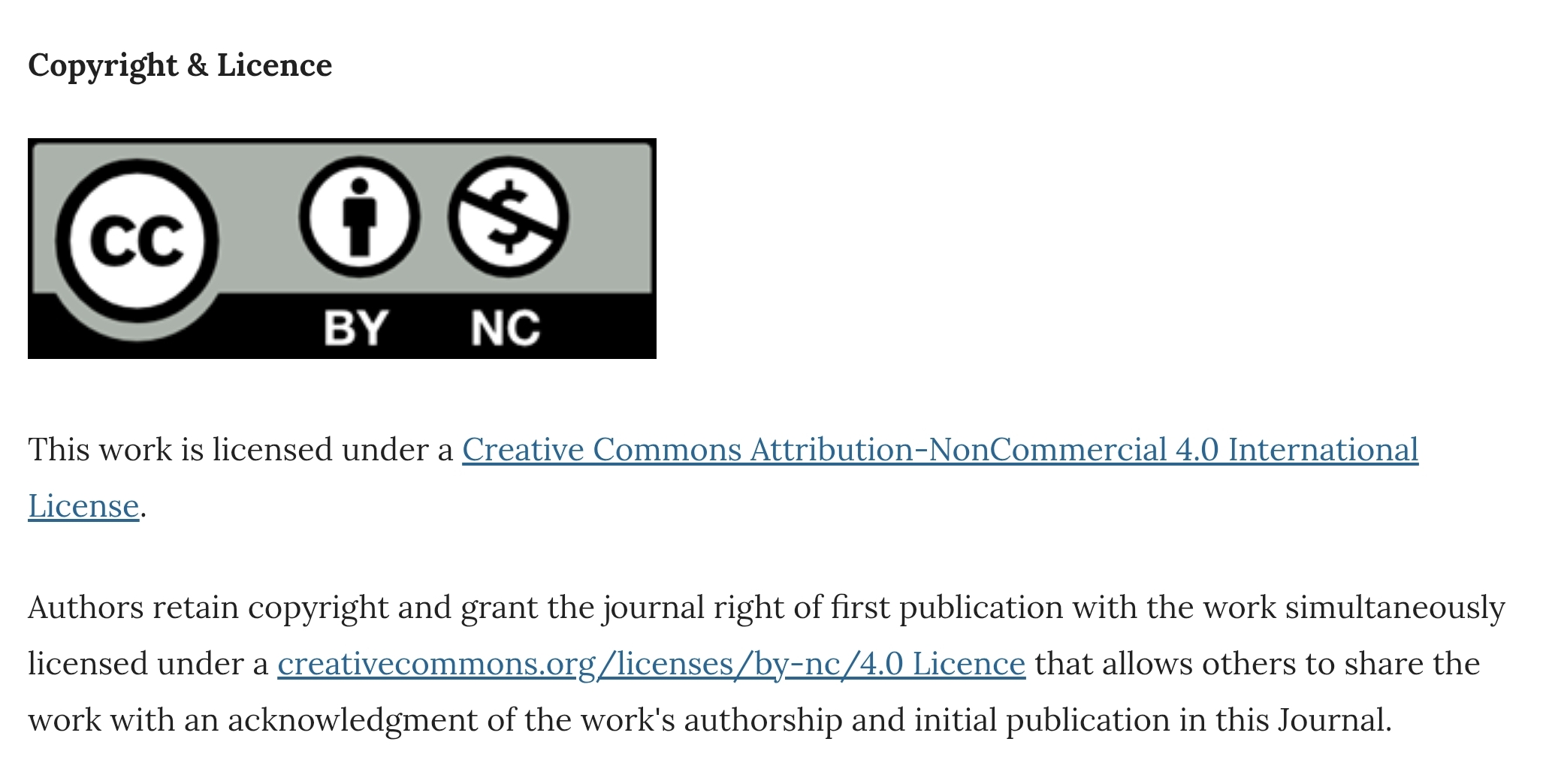Factors affecting cognitive functioning in individuals with bipolar disorder in euthymic phase
DOI:
https://doi.org/10.30834/KJP.34.2.2022.287Keywords:
Bipolar disorder, cognitive impairment, euthymic, execuitive functionAbstract
Background: Neurocognitive studies during the euthymic phase of bipolar disorder have shown persistent cognitive deficits in 32% of patients. There is limited evidence in the Indian literature regarding this area. Neurocognitive impairment can significantly affect the overall functional recovery of these individuals. Understanding potential factors contributing to neurocognitive impairment in bipolar disorder is essential to develop prevention strategies and effective treatments. Methods: A total of 50 patients with bipolar disorder currently in euthymic phase for the last three months with a minimum duration of illness of two years and current Young Mania Rating Scale<11 and Hamilton Depression Rating Scale <8 currently on medications were administered various cognitive tests namely digit span test forward and backward, digit symbol substitution test and Trail making test A and B. The study was completed within a period of 6 months after getting approval from the institutional ethics committee. Results: Patients with bipolar disorder, in remission, have cognitive impairment in attention, memory and executive functioning. More than 50% of the patients could perform digit span test forward more than five digits, and in the case of the digit span test backwards, more than 50% of patients could perform only less than or equal to three digits. In the Trail Making tests A and B, 66% of the patients could perform within </=78seconds, and 62% could perform within </=273 seconds, respectively. Only 4% of the patients could complete 49 squares in the Digit symbol substitution test. Conclusion: Findings of the current study shows evidence of cognitive impairment in euthymic bipolar patients.
Downloads
References
World Health Organization. The ICD-10 classification of mental and behavioural disorders: clinical descriptions and diagnostic guidelines. Weekly Epidemiological Record=Relevé épidémiologique hebdomadaire. 1992;67(30):227-.
Sadock BJ, Sadock VA, Ruiz P. Comprehensive textbook of psychiatry 10th edition.
Pradip MA, Beevi KS, Kuttichira P, Antony JT. Cognitive impairment in euthymia- A comparative study of clinical and treatment variables between bipolar affective disorder patients and normal controls at a tertiary care centre in Kerala. Ann Indian Psychiatry 2019; 3:32-8
Sanchez Moreno J, Martinez Aran A, Tabarés Seisdedos R, Torrent C, Vieta E, Ayuso Mateos JL, et al. Functioning and disability in bipolar disorder: An extensive review. Psychother Psychosom 2009; 78:285 97
Bhatia P, Sidana A, Das S, Bajaj MK. Neuropsychological functioning in euthymic phase of bipolar affective disorder. Indian J Psychol Med 2018; 40:213-8
Bello DT. Neurocognitive Deficits and Functional outcome in Bipolar Disorder, Degree in Psychology. Thesis (Philosophy). New York University; 2009
Lima FM, Czepielewski LS, Gama CS, Kapczinski F, Rosa AR. Cognitive and psychosocial impairment in remitted bipolar patients. Psicodebate 2014; 14:25-38
Sole B, Bonnin CM, Torrent C, Martinez-Aran A, Popovic D, Tabarés-Seisdedos R, et al. Neurocognitive impairment across the bipolar spectrum. CNS Neurosci Ther 2012; 18:194-200
Hamilton M. A rating scale for depression. J Neurol Neurosurg Psychiatry 1960; 23:56–62
1Young RC, Biggs JT, Ziegler VE, Meyer DA. A rating scale for mania: reliability, validity and sensitivity. Br J Psychiatry. 1978; 133:429-435.
McIntyre RS, Mancini DA, Srinivasan J, McCann S, Konarski JZ, Kennedy SH. The antidepressant effects of risperidone and olanzapine in bipolar disorder. Can J Clin Pharmacol. 2004;11: e218-226.
Young RC, Biggs JT, Ziegler VE, Meyer DA. Young Mania Rating Scale. In: Handbook of Psychiatric Measures. Washington, DC: American Psychiatric Association; 2000:540-542
Strub RL, Black FW. The mental status examination in neurology.
Kaufman AS. Test Review: Wechsler, D. Manual for the Wechsler Adult Intelligence Scale, Revised. New York: Psychological Corporation, 1981. Journal of Psychoeducational Assessment. 1983 Sep;1(3):309-13
Matarazzo JD, Herman DO. Base rate data for the
WAIS-R: Test-retest stability and VIQ-PIQ differences. Journal of Clinical and Experimental Neuropsychology. 1984 Nov 1;6(4):351-66
Taj M, Padmavati R. Neuropsychological impairment in bipolar affective disorder. Indian journal of psychiatry.2005 Jan;47(1):48
FA Davis Company; 1993. Eric YW, Halari R, Cheng KM, Leung SK, Young AH. Cognitive performance is impaired in euthymic Chinese patients with bipolar 1 disorder. J Affect Disord 2013; 151:156 63
Pfennig A, Alda M, Young T, MacQueen G, Rybakowki J, Suwalska A, et al. Prophylactic lithium treatment and cognitive performance in patients with a long history of bipolar illness: No simple answers in complex disease treatment interplay. Int J Bipolar Disord 2014; 2:1.
Martínez Arán A, Vieta E, Colom F, Torrent C, Sánchez Moreno J, Reinares M, et al. Cognitive impairment in euthymic bipolar patients: Implications for clinical and functional outcome. Bipolar Disord 2004; 6:224 32
Grande I, Berk M, Birmaher B, Vieta E. Bipolar disorder. The Lancet. 2016 Apr 9;387(10027):1561-72.
Solé B, Jiménez E, Torrent C, Reinares M, Bonnin CD, Torres I, Varo C, Grande I, Valls E, Salagre E, Sanchez-Moreno J. Cognitive impairment in bipolar disorder: treatment and prevention strategies. International Journal of Neuropsychopharmacology. 2017 Aug;20(8):670-80.
Torrent C, Bonnin CD, Martínez-Arán A, Valle J, Amann BL, González-Pinto A, Crespo JM, Ibáñez Á, Garcia-Portilla MP, Tabarés-Seisdedos R, Arango C. Efficacy of functional remediation in bipolar disorder: a multicenter randomized controlled study. American Journal of Psychiatry. 2013 Aug;170(8):852-9.
Downloads
Published
How to Cite
Issue
Section
License
Copyright (c) 2021 Kerala Journal of Psychiatry

This work is licensed under a Creative Commons Attribution-NonCommercial 4.0 International License.











